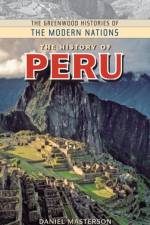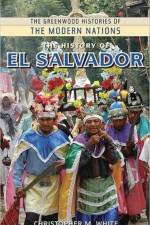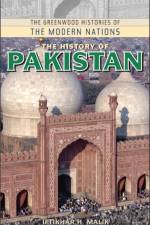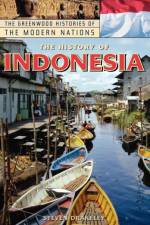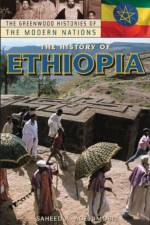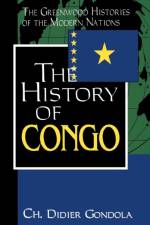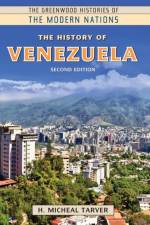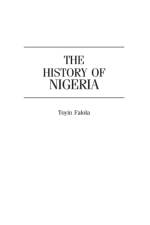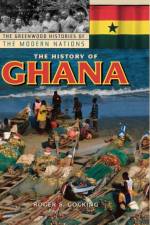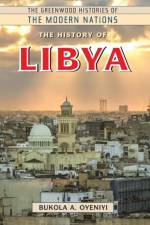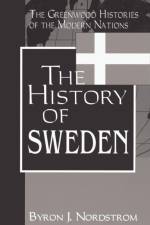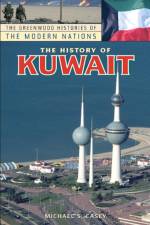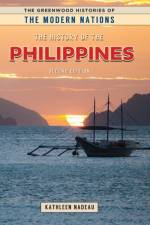von Daniel Masterson
89,00 €
For centuries, Peru's coast, mountains, and jungles have served as the grounds for bustling civilizations, including the Incan Empire. This exciting and comprehensive volume covers social life and culture, political practices, economics, and international influence throughout the ages in Peru, from the earliest social groups dating as far back as 500 BC to life today in the 21st Century. Ideal for high school students and general readers interested in South American history, this volume is an essential addition for high school and public libraries. A timeline of key events, list of notable people who made significant contributions to Peru's history, and a bibliography of print and electronic sources supplement the work.For centuries, Peru's coast, mountains, and jungles have served as the grounds for bustling civilizations, including the Incan Empire. This exciting and comprehensive volume covers social life and culture, political practices, economics, and international influence throughout the ages in Peru, from the earliest social groups dating as far back as 500 BC to life today in the 21st Century. Ideal for high school students and general readers interested in South American history, this volume is an essential addition for high school and public libraries. A timeline of key events, list of notable people who made significant contributions to Peru's history, and a bibliography of print and electronic sources supplement the work.



